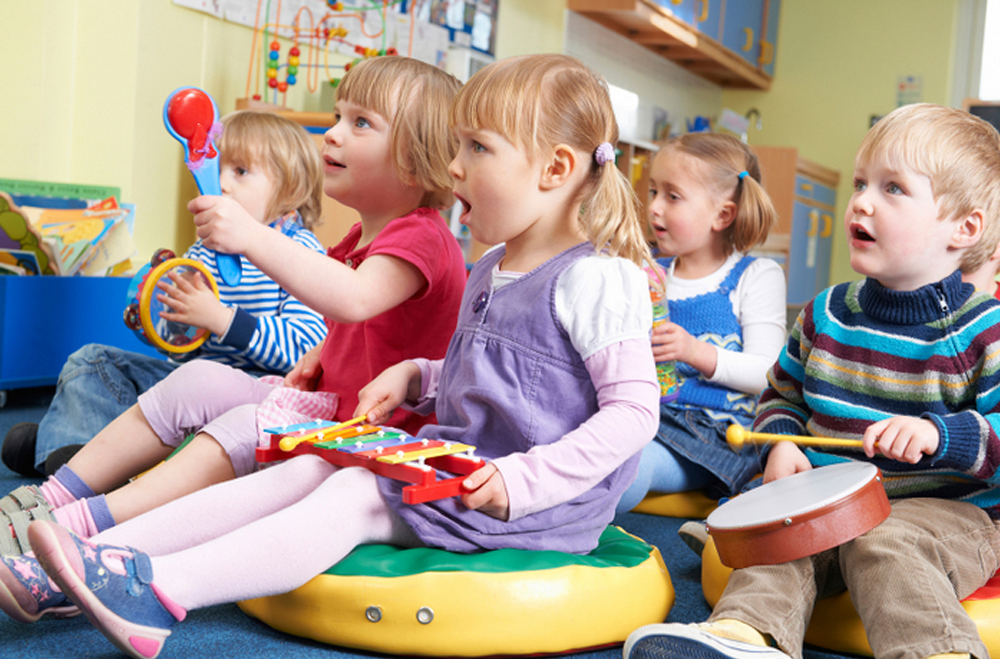From Julia Gabriel Centre
With the world around us changing rapidly, the skills that our children will need for the future isn’t always very clear. However, there is one timeless skill that will be essential and relevant for years to come, and that is the ability to communicate.
Communication is a complex process and though it only involves us sending out and receiving messages, it can be done verbally or non-verbally, directly or inferred, thus there is a lot to master!
Communication is at the heart of how we relate to one another. We all need contact and connection in order to live a fulfilling life. Through communication we enhance our own understanding of ourselves; we make social connections and we develop relationships; we receive and give information and knowledge; we influence and we are influenced – by nature we are social animals and we need communication to remain healthy and positive.
For children to be confident and competent communicators they need motivation, confidence, knowledge of themselves and others, and skills of communication.
Speech and Drama is an effective way of building a variety of communication skills in an empowering and engaging way. It provides opportunities to develop a range of skills and understanding that will enable children to be successful in the future.
Skills that are developed in Speech and Drama include:
- Clarity of speech to enable others not just to understand but want to engage with the speaker.
- Command over language, where they are being able to use a range of communication forms (speaking, listening, thinking etc) in both formal and informal settings.
- Being able to relate to others in a way that they appreciate – developing empathy is a crucial area for a global world.
- Being able to acknowledge other people’s ideas and opinions and still be able to put forward their own ideas using language to explain, persuade and convince.
- Being able to problem solve. Drama always include areas of decision making, problem solving/conflict and resolution, and exposing them to this helps them learn how to cope in real life.
- Being able to think creatively, spontaneously and effectively.
- Control over vocal skills – using contrasts in pitch, pace, inflection, volume and tone to convey meaning.
- Skills of research, evaluation and writing when composing presentations.
Children learn best by being actively involved in the process of learning, such as doing, touching, experimenting, deciding, conversing negotiating. They also need to work collaboratively and be encouraged to reflect in order to bring meaning to the areas of education that they are exposed to. Speech and Drama encourages learning by actively involving every participant – through games and activities, each child can find their voice and develop their confidence. It also involves aspects of working with others and reflection is a key ingredient in the process.
Through Speech and Drama, children develop an interest in exploration, discovery and a desire to share this with others through effective communication. Educators are also able present the optimal amount of challenge and support to ensure every child can gain from the process even as they are encouraged to put forward their ideas, their solutions and their opinions during the session. The effective communication that they learn about will be a skill that they can take into the future with them.
Julia Gabriel offers a range of innovative and holistic communication programmes delivered in a safe, supportive and dynamic environment for all ages. Parents who wish to gain a better understanding of how children learn, grow and develop and their early years, from birth to the age of eight, can sign up for their “A Child’s World Programme”, which commences on 17 July 2017. Click here to sign up for the course preview.















